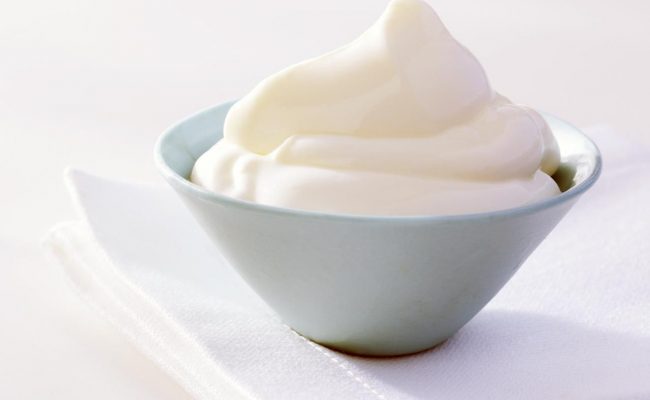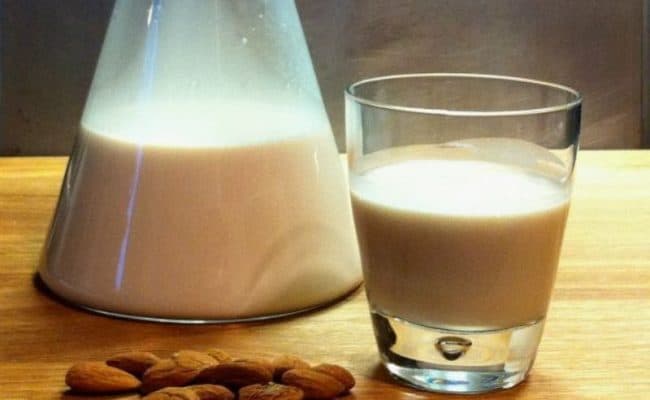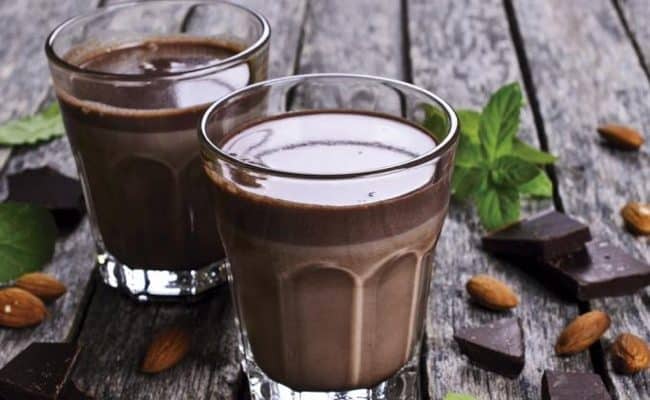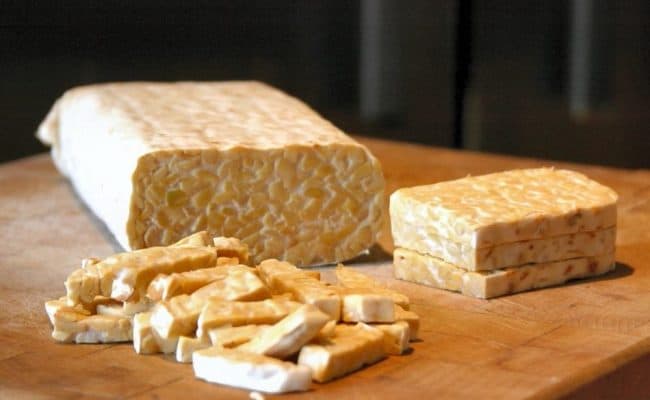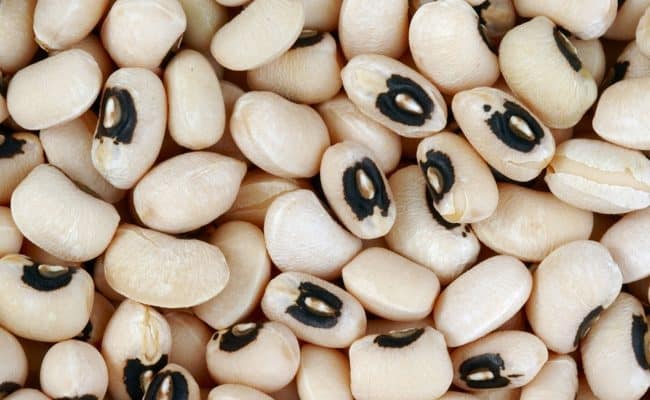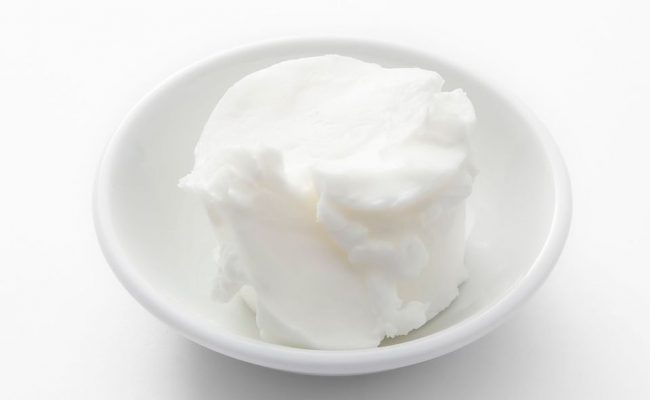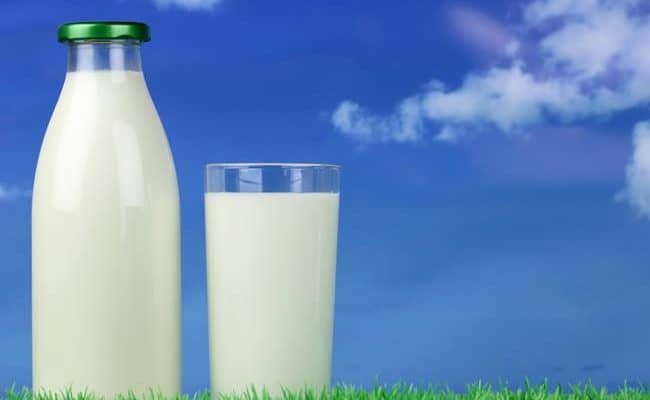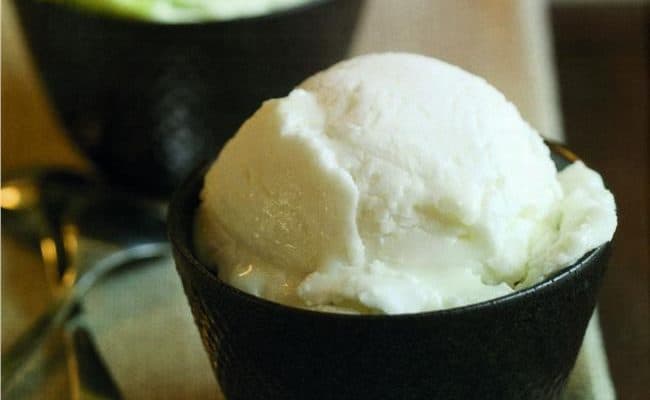
Butter or ghee can be part of a balanced diet if consumed in moderation. Butter has a lower smoke point and a more liquid consistency. If you are cooking at high heat or need a dish to be lactose free, ghee can be the better option.
The role saturated fats play in health has recently come into question. Early research based in the 1960’s suggested saturated fats may increase risk for heart disease. Therefore, guidelines for lowering saturated fat intake were put in place.
Foods that provide saturated fats include: dairy, butter, meats, processed meats, packaged snacks and sweets. Therefore, limiting foods that are high in saturated fat, like butter, was recommended.
In recent years, meta-analysis studies (1) have not found an association between saturated fat intake and risk for heart disease, all cause mortality, stroke and diabetes.
However, health experts also caution this doesn’t give the go ahead to eat as much saturated fat as you want.
An important consideration is the quality of your total diet and further understanding how foods, not just single nutrients, contribute to overall health.
What is now more clear is replacing butter with foods that have trans fats (some margarine spreads) or simple carbohydrates (fat free sweets) is not recommended.
While butter or ghee may be part of a healthy diet, it should be used in moderation within a healthy, varied diet.
Both ghee and butter may have some positives and negatives, it depends what you will be using it for to determine which one would be best for your application.
How is ghee different from butter?
Ghee is basically heated up butter that has the liquid and milk solids removed. In fact, ghee is an Indian word for clarified butter.
Because the liquid and dairy solids are removed, ghee doesn’t have to be refrigerated. The texture of ghee is more flexible than butter; butter will have a softer texture because it has more liquid.
When to use ghee over butter
Ghee has a higher smoking point than butter. So, if you are looking for a fat with a high smoking point, ghee will be better than butter.
Ghee’s smoking point is around 450°F while butter has a smoking point close to 350°F.
If you are lactose intolerant or cooking for someone who is lactose intolerant, using ghee would be better because it has the milk solids removed. Using butter provides a small source of lactose.
When to use butter over ghee
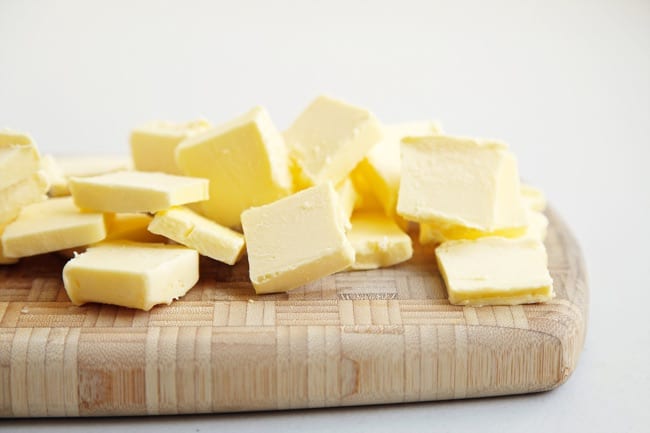
When is butter a better choice? It depends on the application. If you are using to spread over toast or as a spread, butter will be a creamy texture which may be desired.
If you want the mouth feel of soft butter, choose butter over ghee. If you are doing lower heat cooking, butter can be used.
Is ghee or butter healthy?
Because ghee is more concentrated with fat, it is slightly higher in calories and cholesterol compared to butter.
According to Berkeley Wellness (1), there is some evidence that suggests ghee contains more oxidized cholesterol. This could make ghee more of a concern for heart health.
One the other hand, natural doctor Josh Axe in a September 2017 SHAPE article (2) suggests ghee is a higher source of short and medium chain fats compared to butter.
The body tends to use short and medium chain fats immediately for energy instead of storing them like long chain fats.
Eating foods that have fats can help absorb fat soluble nutrients from foods. Vitamins A, D E and K are only fat soluble.
Both ghee and butter are a source of vitamin A and fat.
Bottom line is more research is needed for understanding the differences between butter and ghee on health.
Whether you use ghee or butter, it’s important to remember to use either in modest quantities. Most of your fat intake should come from foods primarily composed of unsaturated fats like: olive oil, nuts, seeds, avocados, etc.
Butter or ghee can be part of a healthy balanced diet when consumed in moderation.
How to make your own ghee
Ghee is found in most specialty or international food markets. You won’t find it in the refrigerated section next to the butter; it doesn’t have to be refrigerated. Be prepared if you are purchasing ghee, it can be pricey. If you want to use ghee but don’t want to pay a high price, you can make your own ghee.
There are many recipes and suggestions online for making your ghee including this recipe (3) and photo tutorial from Wellness Mama.
Making ghee basically involves boiling butter and lowering to a simmer. While the butter is simmering, you need to strain off the top layer or pour through a strainer.
The dark yellow liquid left behind is the clarified butter.
Conclusion: ghee vs butter
Both ghee and butter are a source of saturated fats. While saturated fats have been demonized in the past, recent research suggests there may not be as clear of a link between saturated fat and heart health.
What is still suggested is to eat foods that are primarily saturated fat in moderation and to recognize not all foods affect the body the same. Butter or ghee can be part of a balanced diet if consumed in moderation.
Butter has a lower smoke point and a more liquid consistency. If you are cooking at high heat or need a dish to be lactose free, ghee can be the better option.
However, if you want something creamy for a spread, butter may be a more suitable option.
